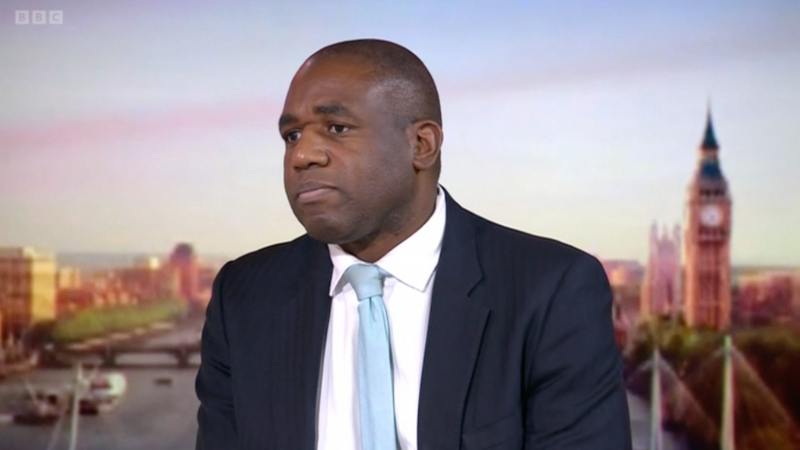
David Lammy has declared that the Tories have “decimated” Britain’s global influence after a report concluded that the Afghanistan withdrawal revealed “serious failings” in the operations of the Foreign, Commonwealth and Development Office.
The research, published today by the Institute for Government, found that the Foreign Office’s focus on Russia has “softened” in a “long-term trend” since the Cold War. The report stated: “With current events in Ukraine, this is not sustainable.”
Commenting on the reports findings, the Shadow Foreign Secretary said: “The Conservatives have decimated Britain’s global influence by failing on both the strategy and implementation of foreign policy.
“This damning report backs up what Labour has been arguing for months: the government’s integrated review wrongly de-emphasised European security in a way that is “not sustainable”.
“Meanwhile morale among civil servants has crashed and the reduction in the number of postings abroad has badly hampered Britain’s influence.
“In government, Labour will negotiate a new UK-EU security pact to make all of us more safe, restore the 0.7% aid target and reboot Britain’s diplomacy to re-establish our standing as a trusted partner on the world stage.”
The Institute for Government concluded that the withdrawal from Afghanistan revealed “serious failings” among both the Foreign Office’s political and official leadership and “more fundamentally with the way the department works”, adding that the war in Ukraine had made the issues “even more complex”.
The report described the integrated review’s “tilt” towards the Indo-Pacific region as “notable”. It revealed that around 460 full-time staff work in three units focused on the region – close to three times more than the 160 staff working in the Eastern Europe and Central Asia unit.
It found that there has been a decline in the number of UK-based civil servants posted overseas, which it concluded has “reduced Britain’s capability abroad”.
The research noted that more than half of UK-based staff were based overseas in 1998, compared to only 29% in 2021. By contrast, around half of the German foreign ministry’s Germany-based staff were posted abroad last year.
The research also concluded that the merger of the Foreign and Commonwealth Office and the Department for International Development (DfID) in 2020 had been “morale-damaging”, noting that the annual ‘engagement score’ of the Foreign Office had fallen below the civil service average for the first time in 2021.
It found that many DfID staff saw the merger “far more as a takeover by the Foreign Office than a marriage of equals” and noted that the “sense of unease was heightened” by the decision in November 2021 to cut the aid budget from 0.7% of gross national income to 0.5%
The report stated: “The aid cut broke a manifesto promise, damaged the UK’s international relationships and has reinforced the sense among some European countries in particular that the post-Brexit UK pitched as ‘Global Britain’ is in fact more insular.”
The Institute for Government made four key recommendations to improve the functioning of the Foreign Office, including dedicating more resources to “ensure the UK’s diplomatic structures are equipped to deal with Russia’s ongoing threat”.
It urged the department to “comprehensively” reassess its model for overseas staffing, address the impact of the merger on departmental morale and strengthen working relations across government by “ensuring officials communicate more with colleagues in other departments and set up mechanisms to do so”.




More from LabourList
‘The High Court judgment brings more uncertainty for the trans community’
‘There are good and bad businesses. Labour needs to be able to explain the difference’
‘This ruling should now remove any remaining barrier to approval of EHRC code’